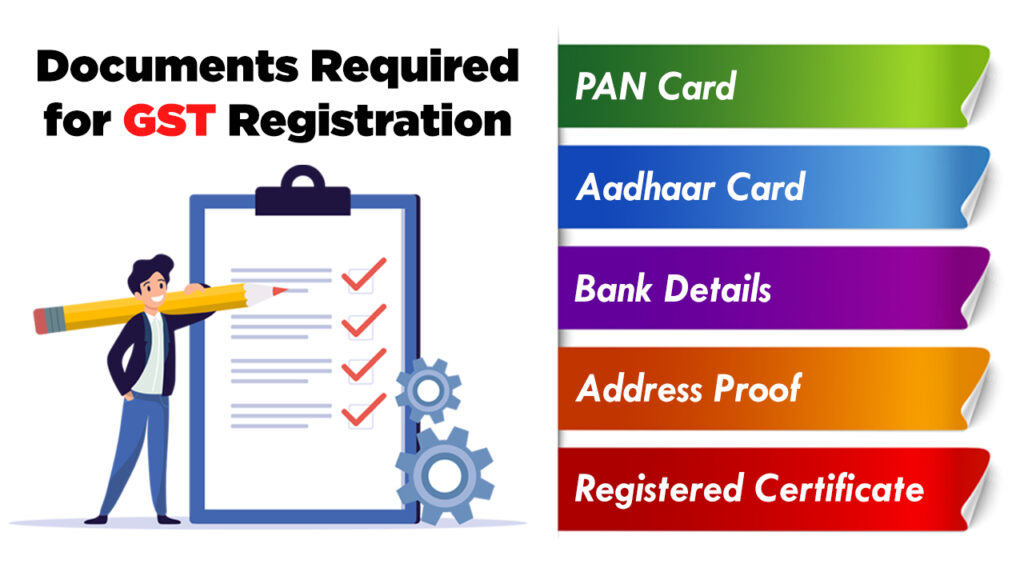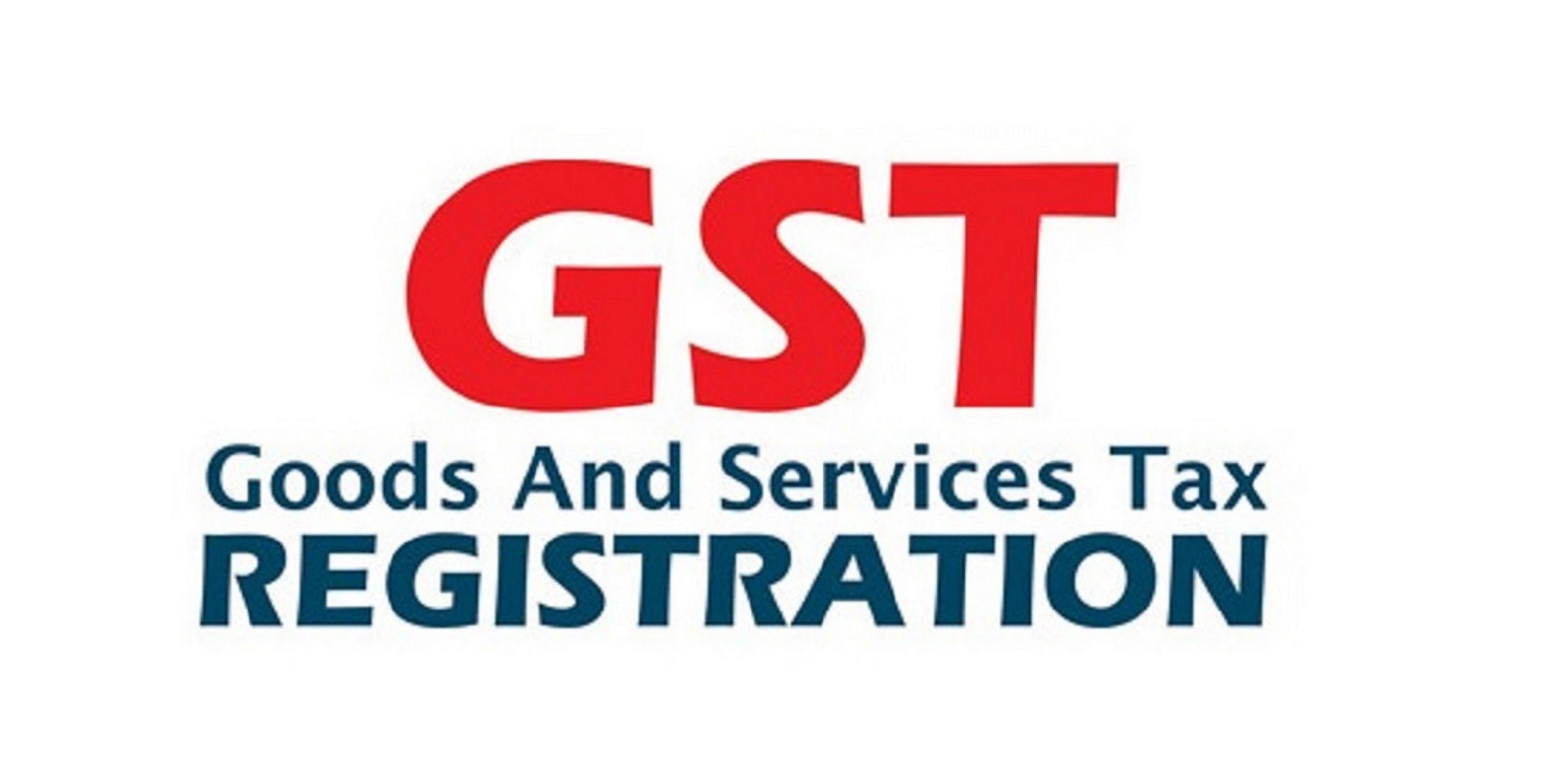Choosing CFO Account & Services for GST Registration in Singapore: What You Required to Know
Choosing CFO Account & Services for GST Registration in Singapore: What You Required to Know
Blog Article
Navigating the Intricacies of GST Registration: A Comprehensive Guide for Entrpreneurs
Navigating the complexities of GST enrollment can be an overwhelming job for several entrepreneur, as it involves a myriad of guidelines, regulations, and refines that need to be adhered to. With the ever-evolving landscape of tax obligation laws, ensuring conformity and recognizing the details of GST registration is important for the smooth procedure of any business. From identifying qualification and gathering the necessary documents to optimizing operations for optimal effectiveness, this comprehensive overview aims to supply company owner with the knowledge and devices needed to navigate the intricacies of GST registration efficiently.
Eligibility for GST Registration
Entrepreneur have to meet certain criteria to identify their qualification for GST registration. As a whole, organizations with an annual turnover going beyond a certain limit are called for to register for Product and Provider Tax (GST) This limit varies by nation, yet it is important for business owners to remain informed about the certain laws in their jurisdiction. Additionally, services entailed in interstate products, e-commerce, or the arrangement of specific defined goods and services may likewise be mandated to sign up for GST, no matter their turn over.
In addition, services that are registered under any kind of previous tax routine, such as Barrel or service tax obligation, are generally required to change to GST enrollment. By sticking to the required standards, companies can smoothly navigate the complexities of GST registration and run lawfully within the tax obligation framework.
Documents Needed for Registration
To finish the GST registration procedure, companies require to gather and send an extensive collection of files. The vital files needed for GST registration commonly include evidence of company enrollment or consolidation such as the Certification of Incorporation, collaboration act, or any type of various other registration certificate. In addition, companies have to offer identification and address evidence of the partners or promoters, which can be in the type of Aadhar card, FRYING PAN key, card, or driver's permit. Financial records such as bank statements, proof of business like rental arrangement or electrical power expense, and accredited signatory information are also important for the enrollment procedure.
Moreover, certain papers connected to the nature of the business, such as a list of goods or solutions provided, HSN codes for items, and cavity codes for solutions, might be needed - Why choose CFO Account & Services for GST registration in Singapore. It is critical for organizations to make certain that all documents sent are exact, current, and in the suggested format to prevent any type of delays or problems in the GST registration procedure
Process of GST Enrollment
Having actually assembled the requisite documents, companies continue to start the GST registration process by involving with the on the internet site assigned for registration. This online site is the Item and Services Tax Network (GSTN) website, which works as the primary system for all GST-related tasks in India. Upon accessing the portal, businesses are needed to fill in the GST enrollment form with precise information regarding their organization activities, turn over, and other appropriate details.
When the form is completed and sent on the site, the GSTN verifies the details supplied by the business. Complying with effective confirmation, a GST registration certification is issued to the company entity.
It is vital for companies to make certain that the information offered throughout the GST registration process is precise and approximately day to stay clear of any potential issues or delays in obtaining the GST registration certificate.
Comprehending GST Conformity

Companies need to be aware of the various GST compliance demands based on their turnover, nature of goods or services, and the states in which they operate. It is important to stay updated on any type of changes in GST legislations and guidelines to stop any type of non-compliance problems.
Non-compliance with GST guidelines can lead to large penalties, charges, and even lawful consequences. Consequently, companies must invest time and resources in enlightening themselves and their team on GST this page compliance. Looking for expert support from tax experts or experts can also aid in navigating the complexities of GST conformity and making sure that companies run within the legal structure.

Tips for Optimizing Business Operations
For boosted effectiveness and performance in company procedures, tactical preparation and streamlined processes are crucial elements. One pointer for optimizing organization operations is to take advantage of modern technology efficiently.
An additional important element is focusing on tasks based on their relevance and deadlines. By producing a clear power structure of tasks and establishing practical timelines, services can ensure that important tasks are completed on schedule. In addition, fostering a society of open interaction and collaboration amongst group participants can result in boosted performance and innovation.

Conclusion
To conclude, browsing the intricacies of GST registration requires a clear understanding of eligibility requirements, essential files, registration processes, and conformity demands. By adhering to these standards and maximizing company procedures, service proprietors can guarantee smooth procedures and compliance with the GST guidelines. It is vital for organizations to remain educated and updated on GST regulations to avoid any fines or lawful problems.
The key files needed for GST enrollment normally include proof of business enrollment or incorporation such as the Certificate of Consolidation, collaboration act, or any various other registration certificate.Having put together the requisite documentation, businesses continue to start the GST registration procedure by engaging with the online site marked for registration. Upon accessing the site, services are needed to fill out the GST enrollment type with accurate information regarding their organization tasks, turnover, and various other relevant details.
In order to preserve adherence to GST regulations and stay clear of charges, businesses have to prioritize recognizing GST compliance. By adhering to these standards weblink and optimizing service operations, organization owners can make certain smooth operations and conformity with the GST policies.
Report this page